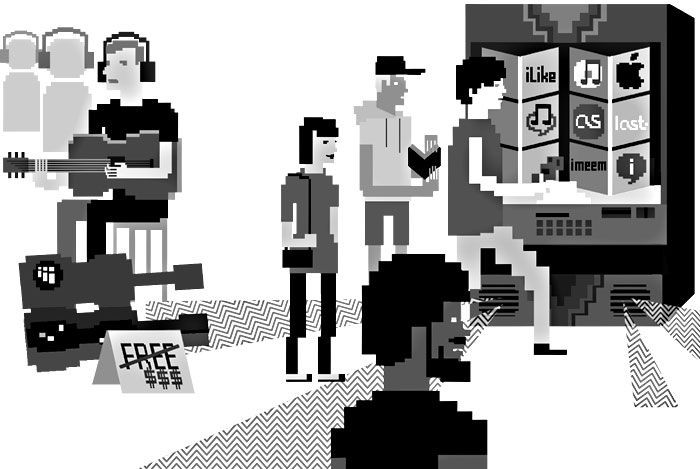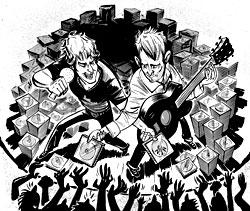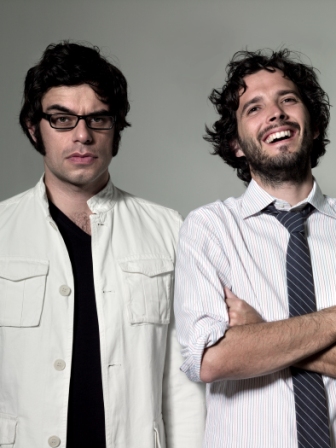How do you write about 9/11 without making everyone’s eyes roll? After witnessing the attacks from the roof of my New York apartment, it was difficult for me to view any public work or artistic response without disdain: Weren’t they all just reacting, cashing in by reopening our wounds?
It should take time to make sense of such an event. Yet we were inundated with books almost immediately, like Jonathan Safran Foer’s second novel, Extremely Loud and Incredibly Close. His protagonist’s hyper-precociousness and the surreal narrative structure seemed the predictable responses of an overly sensitive and precocious writer. Then 9/11 began to creep in as an incidental scene in novels such as Benjamin Kunkel’s Indecision, in which the main character watches the attacks from his apartment in downtown Manhattan—while at a party, on Ecstasy, with his friends. Since then, writers like Ken Kalfkus, Jess Walter, and Claire Messud have shown increasingly creative and respectful methods of approaching 9/11 in literary fiction by writing of lives affected by the attacks without that immediate knee-jerk ironic distance or painted-on context.
And yet, I refused to read Deborah Eisenberg’s collection of short stories, Twilight of the Superheroes, for the precise reason that it was immediately deemed “post-9/11 fiction” by everyone who’d seen the cover, which shows a superhero crying at the sight of a demolished building. But the beauty of Twilight is its brevity and subtlety, the generalized anxiety it captures among people who’ve been forced to powerlessly watch the world fall apart in their own backyard.
In the months following the attacks, we all watched various Midwestern cities scramble to protect their prized possessions—the Kansas City library, St. Louis’ Gateway Arch—without realizing that they were really doing little else but assuaging their own anxieties, allowing the fear of the attacks to seep into their judgment, poisoning their relationships. Twilight‘s characters, likewise, allow the shock to seep through their personal lives.
In Twilight, which recently lost the 2007 PEN/Faulkner Award for Fiction to Philip Roth’s Everyman, many of Eisenberg’s characters barely mention 9/11 in passing. In this sense, 9/11 is less of a frontispiece and increasingly incidental to the characters’ tackling their fears head-on: “One kept waiting for that shattering day to unhappen,” Eisenberg writes in the title story. Could it be, simply, that the attacks increased our awareness of how fragile stability really is?
Perhaps in the future, the best works of so-called post-9/11 fiction won’t even mention the attacks at all; they’ll simply be ingrained into the writers’ and characters’ consciousness, a reminder that the fragility of life is yet another of its aspects, simultaneously mundane and beautiful.
Karla Starr








